While The Little Mermaid has pulled in big bucks at the office with strong audience scores, not everybody has been left satisfied with the film. The movie, starring Halle Bailey as the first live-action incarnation of Ariel, recently debuted in movie theaters. Following the premiere, media diversity advocate Marcus Ryder took to his personal blog to pen an essay describing what’s wrong with the movie, arguing that The Little Mermaid poses big problems by glossing over slavery. That is to say, Ryder feels that leaving slavery out of the film has “dangerous” real-life consequences.
“Children’s films should not ignore the more difficult parts of our history, just because adults feel uncomfortable addressing them,” Ryder said in his blog.
MOVIEWEB VIDEO OF THE DAYSCROLL TO CONTINUE WITH CONTENT
To give some credit to the film, Ryder had very high praise for Bailey’s performance as Ariel. He went on to describe how the film “needs to be applauded” in regard to how it handles race, noting how there’s a great mix of ethnicities with the characters that doesn’t have an effect on the story. Beyond that, however, Ryder also feels that The Little Mermaid is problematic because it imagines a world where slavery does not exist in the 18th century, and that’s not how things were in real life.
“The film is set in the Caribbean in the 18th century,” Ryder says. “It does not specify exactly when, but judging from the ships, clothes and other references it is during a time of African chattel slavery. And yet there is not a single direct reference to slavery and the islanders live in racial harmony.”
He added, “In this setting, I do not think we do our children any favors by pretending that slavery didn’t exist. For me Disney’s preference to try and wish the inconvenient truth away says more about the adult creatives than it does about children’s ability to work through it.”
Related: The Little Mermaid: Biggest Differences Between the Original and Disney’s Live-Action Remake
The Little Mermaid Doesn’t Mention Slavery
Walt Disney Studios Motion Pictures
Ryder notes how the enslavement of Africans in the Americas during the 18th century was a particularly brutal time, mentioning how there are still “calls to this day for reparations” to be paid out to the descendants. That would make this time period “problematic” for any children’s story, Ryder says, but if one must be set during that time, it needs to at least make mention of slavery.
“Setting the fantastical story in this time and place is literally the equivalent of setting a love story between Jew and Gentile in 1940 Germany and ignoring the Jewish holocaust,” Ryder puts it. “Or possibly more accurately setting it in a slave plantation in America’s antebellum south and pretending the enslaved Africans were happy.”
Ryder isn’t the only one to offer some criticism for The Little Mermaid. British singer and actress Paloma Faith also recently blasted the film as well because of Ariel’s decision to give up her abilities as a mermaid for a life on land, seemingly for the sake of being with a man.
Faith wrote online, “As a mother of girls I don’t want my kids to think it’s ok to give up your entire voice and your powers to love a man. Wtf is this sh*t? Not what I want to be teaching next gen women at all.”
The Little Mermaid is playing in movie theaters.
You can view the original article HERE.


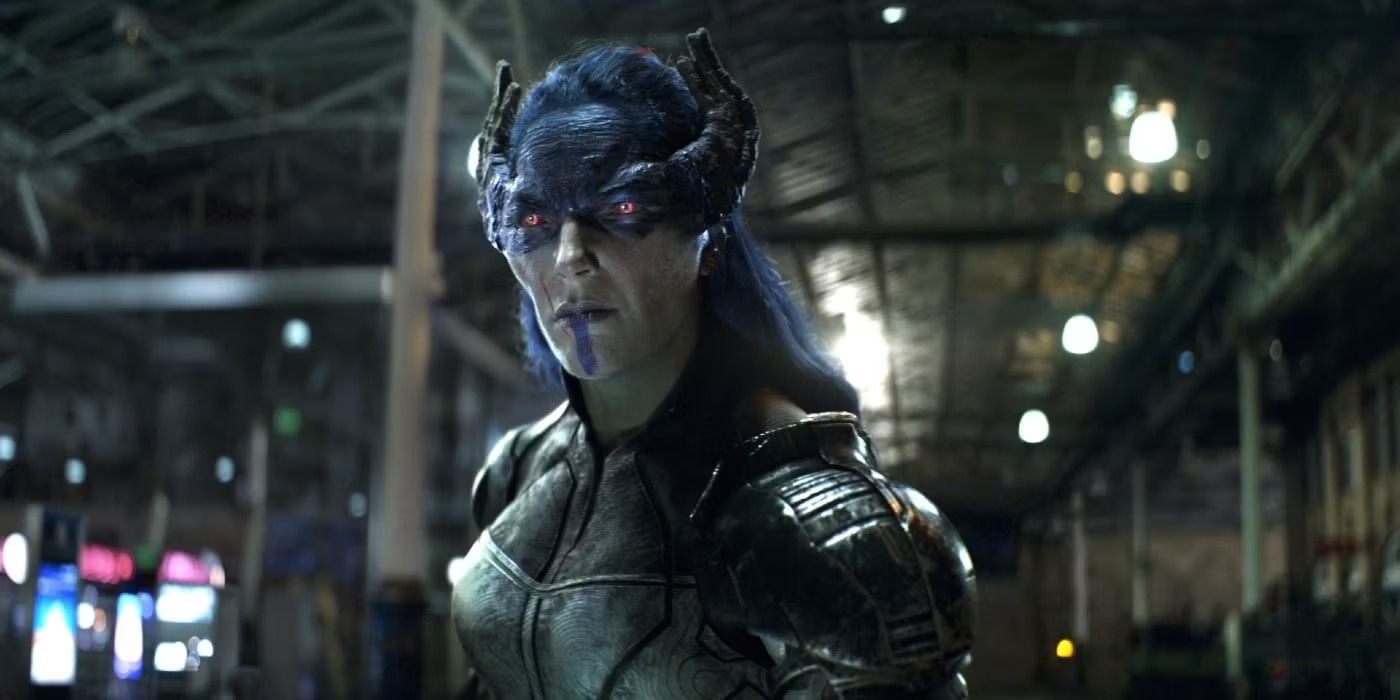


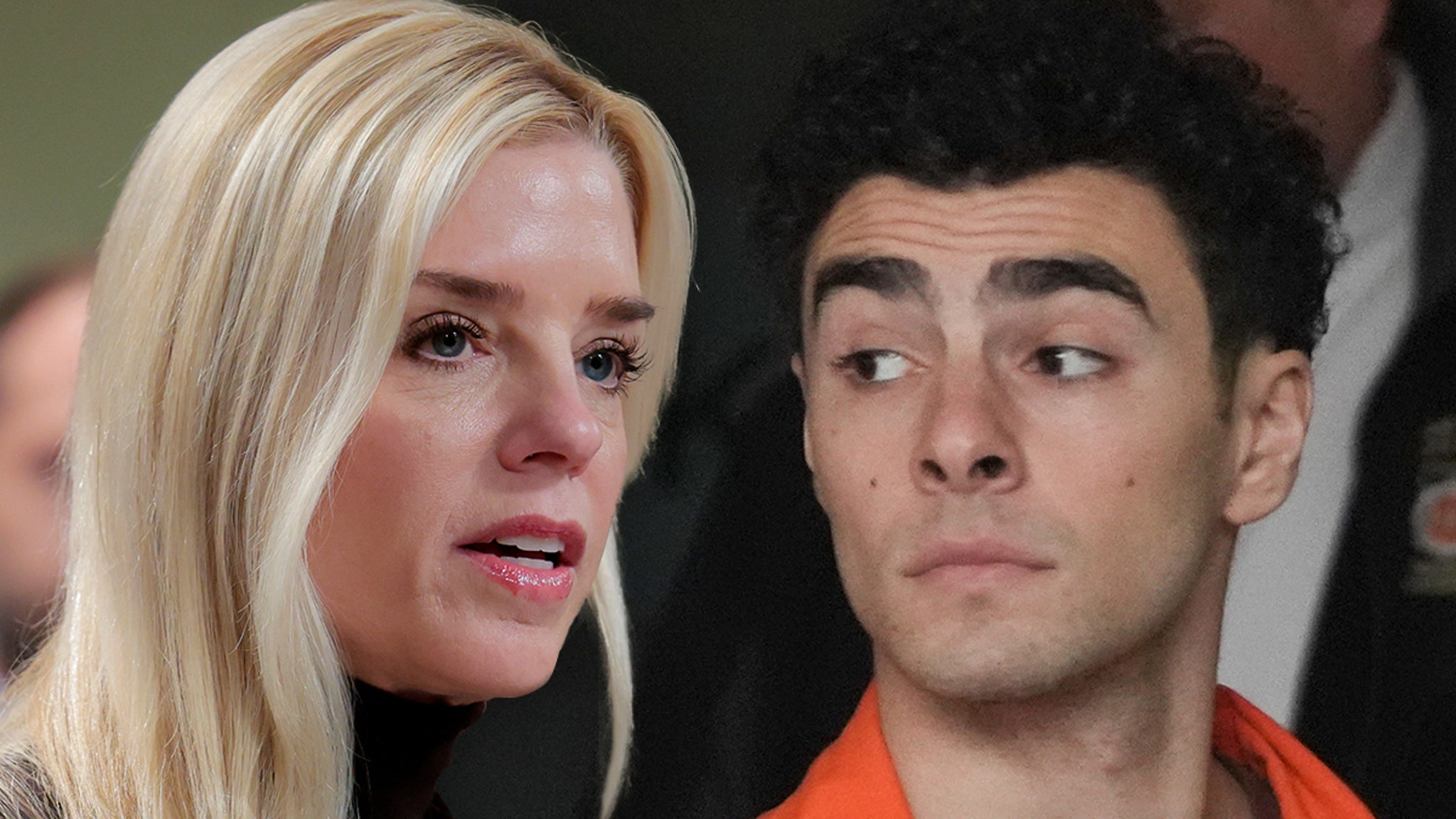




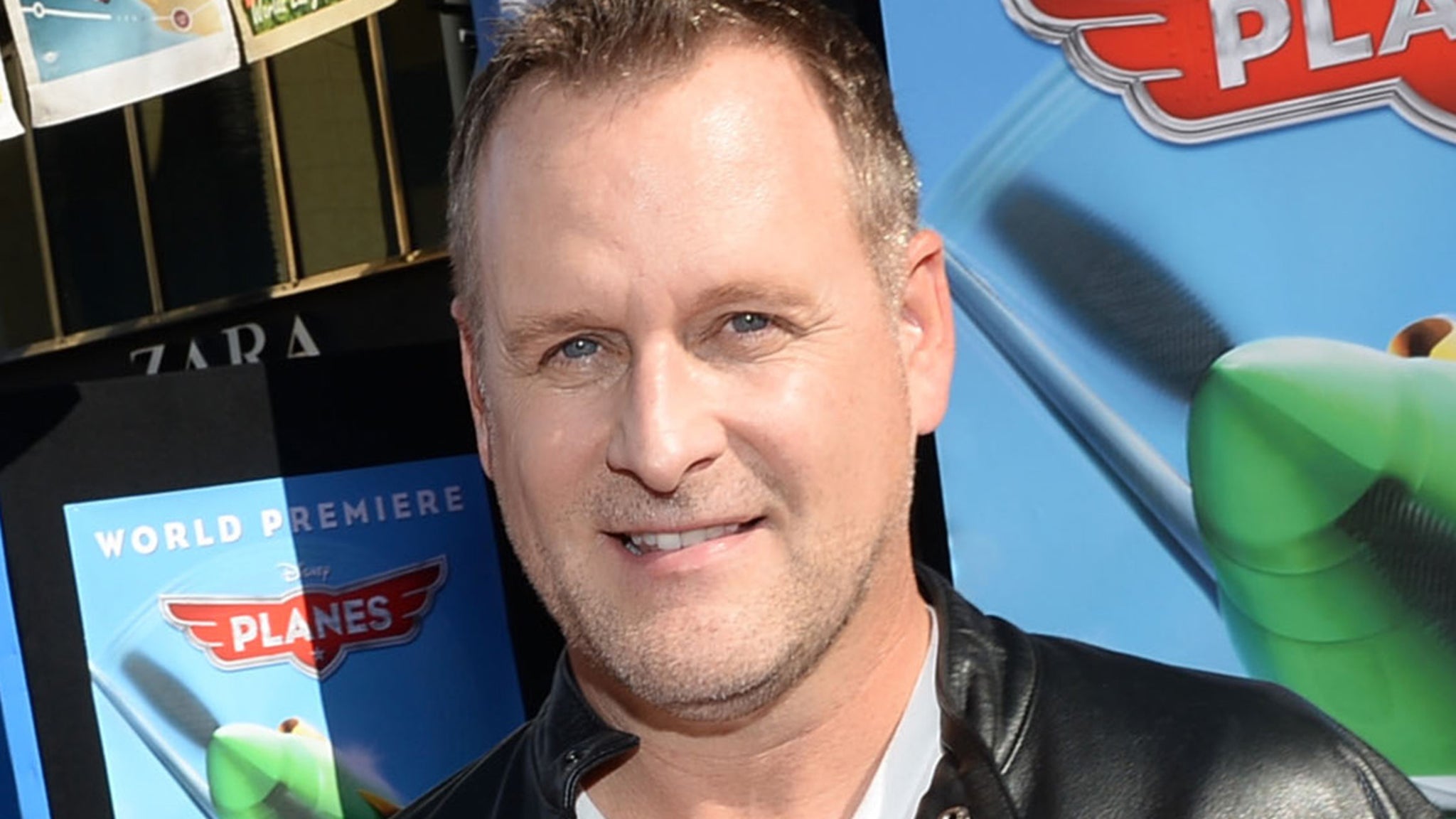
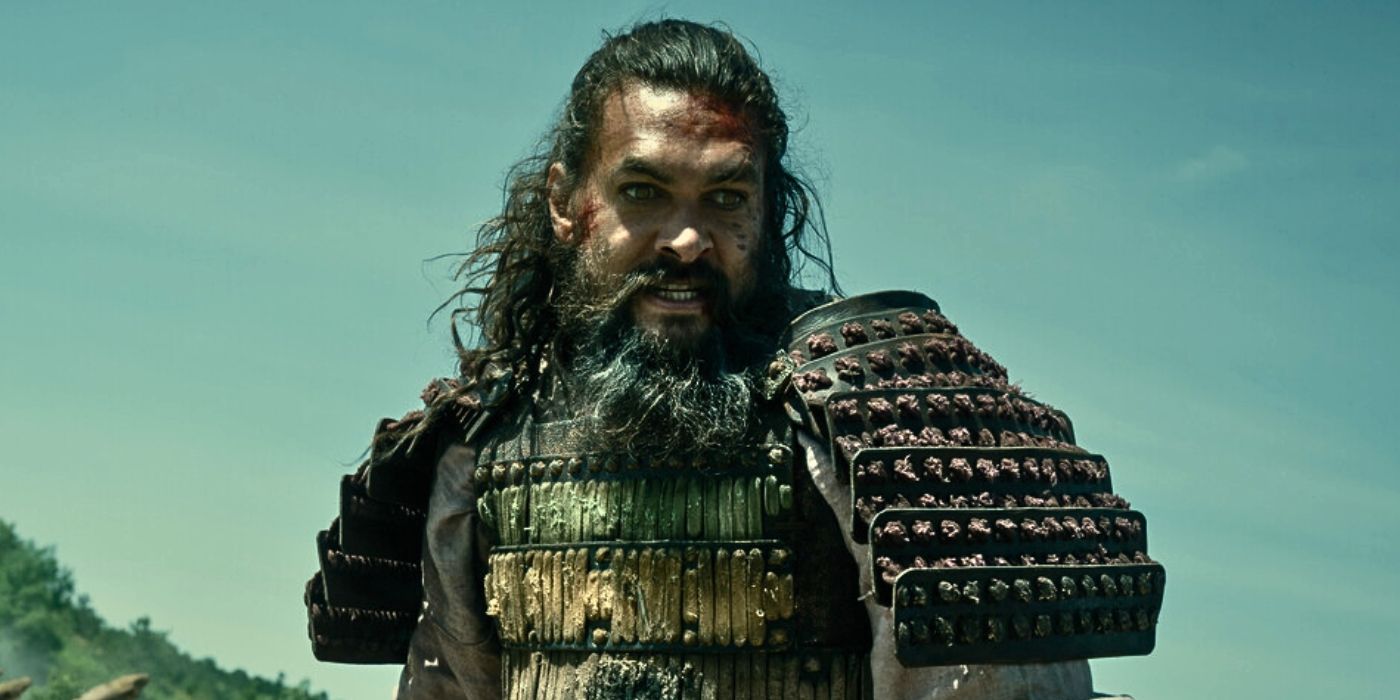
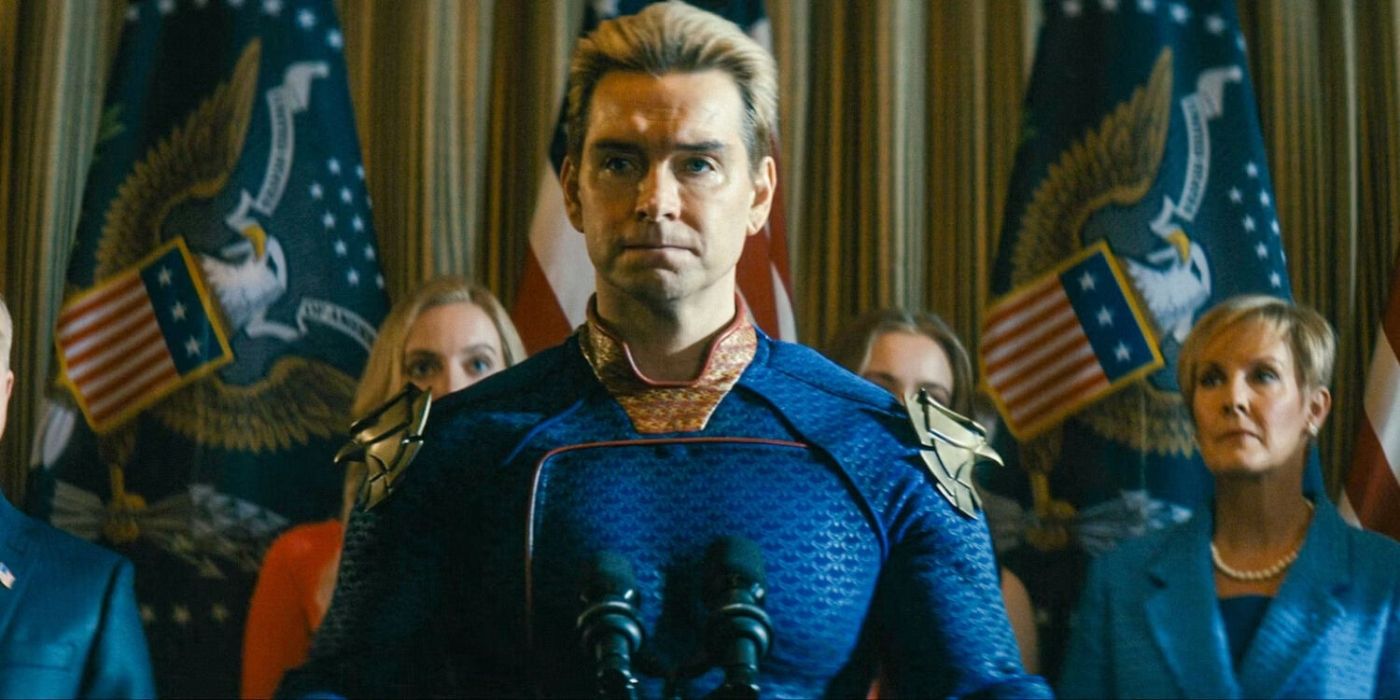





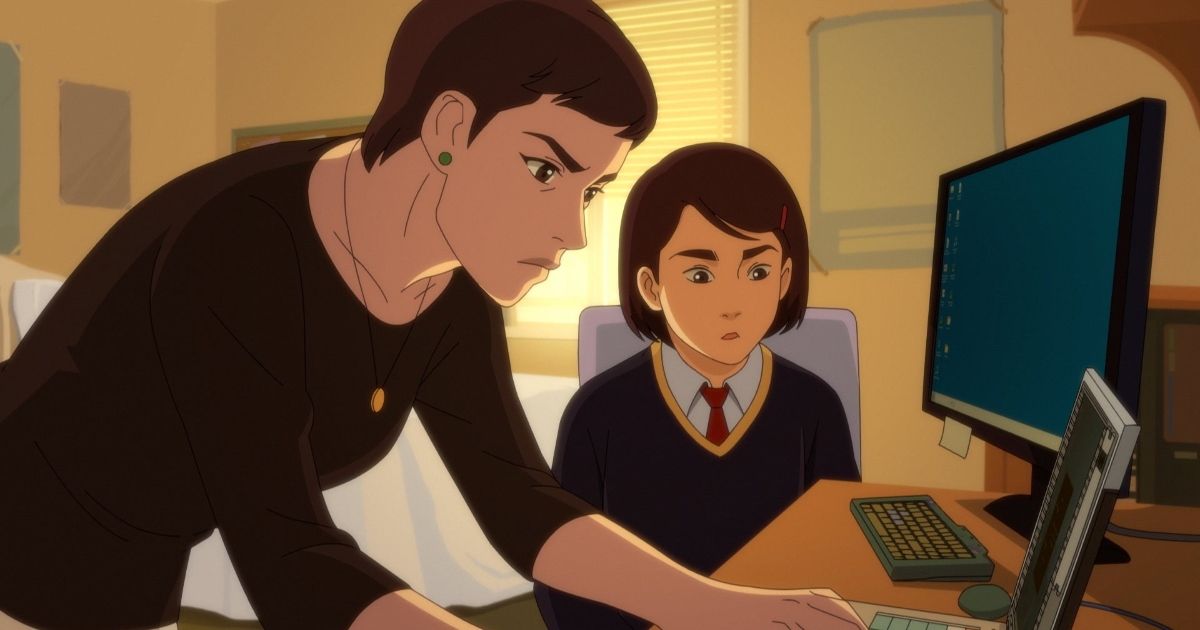


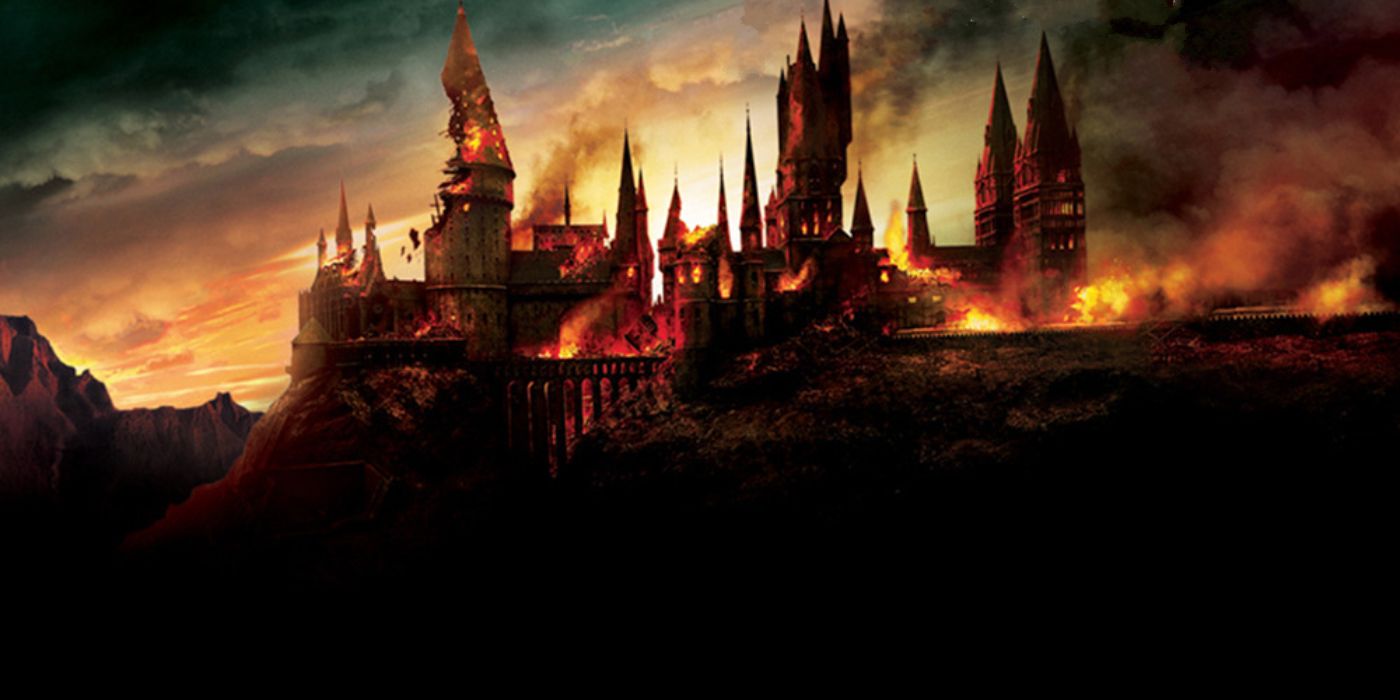

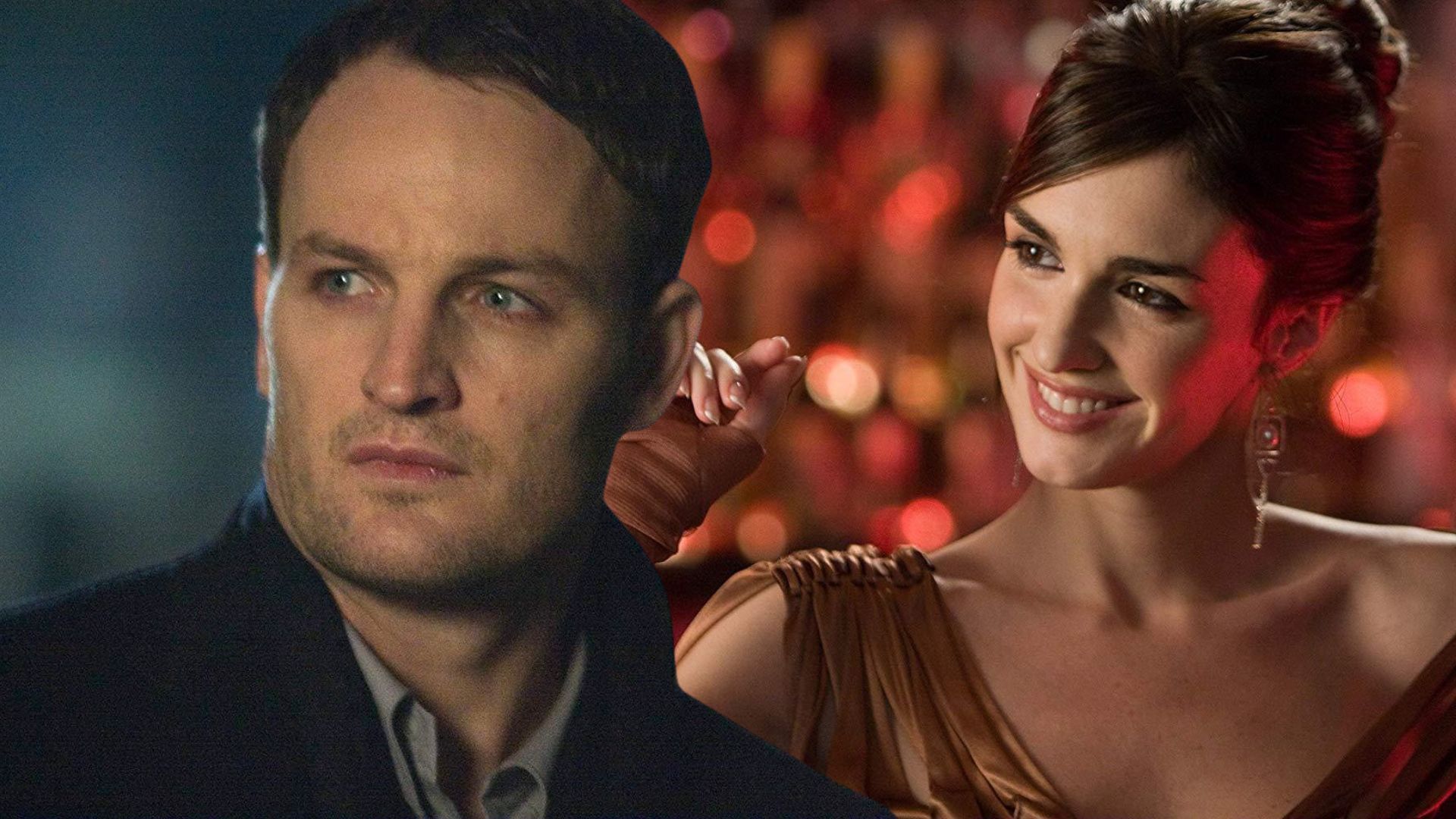
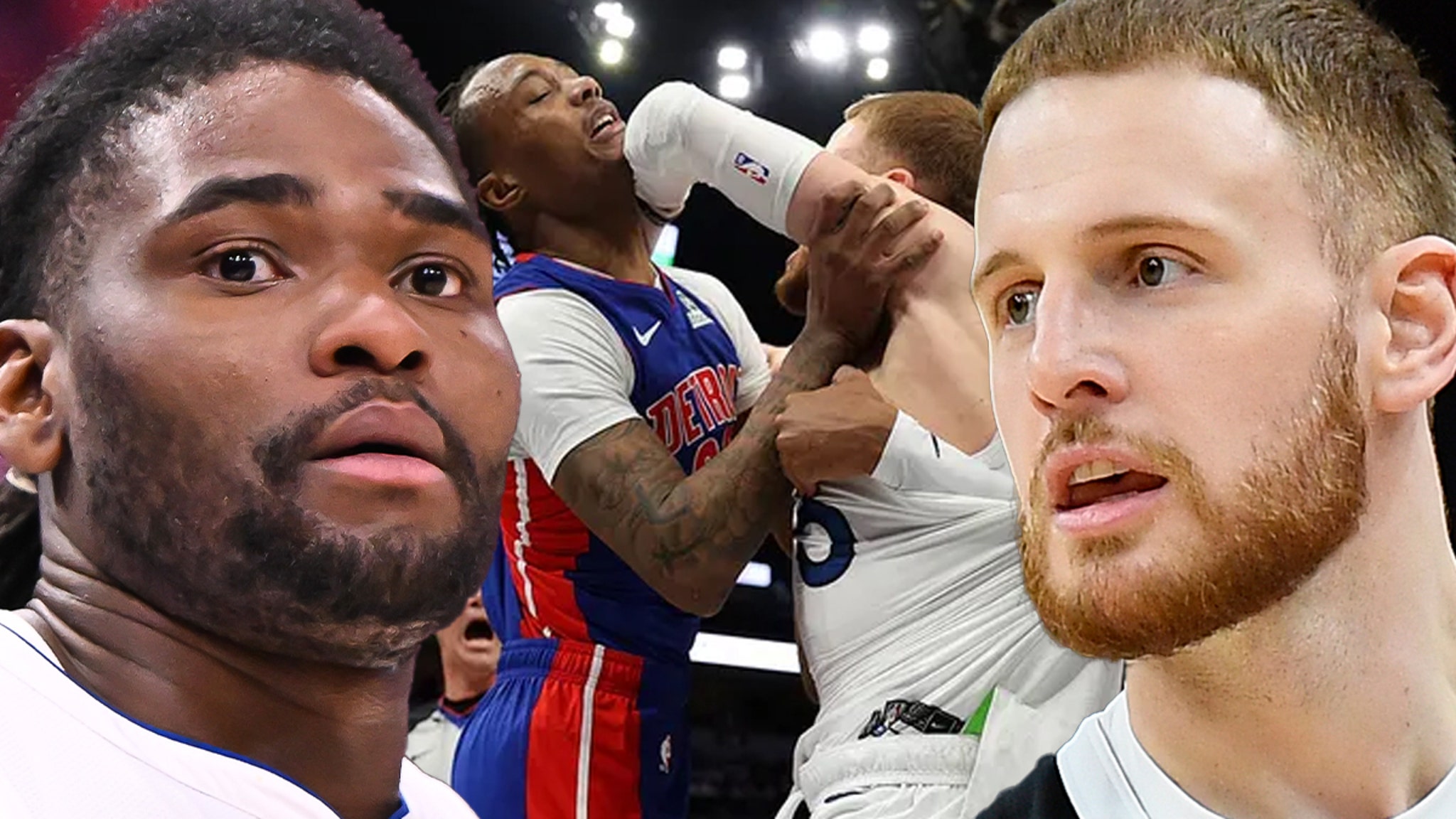
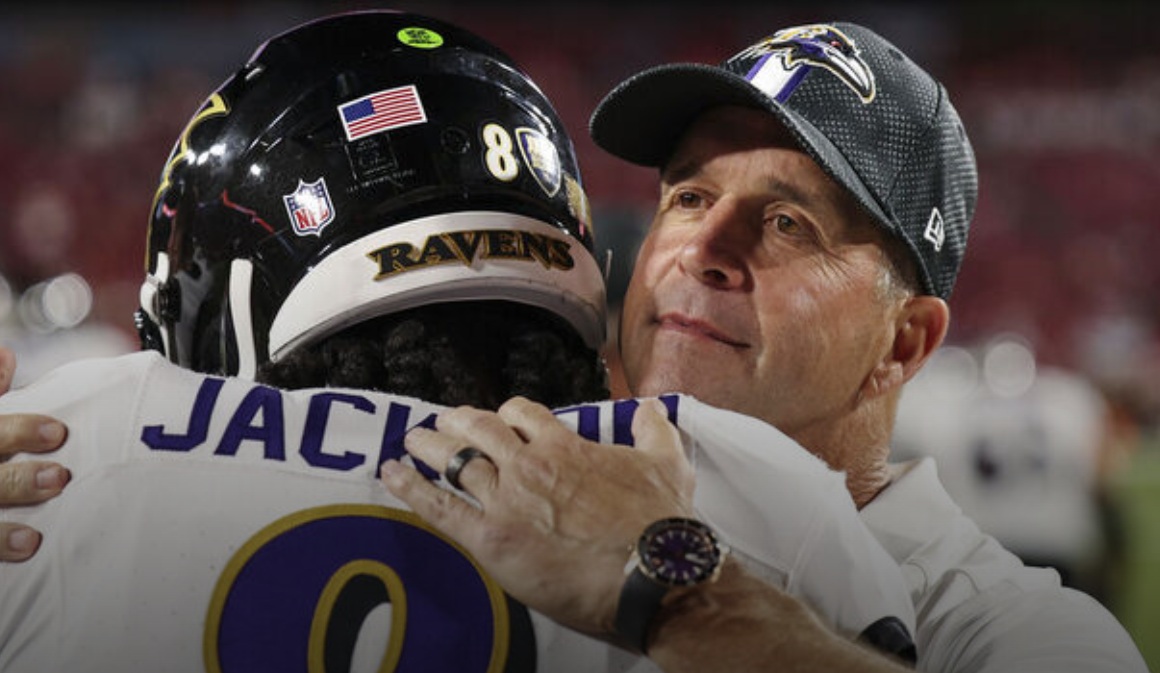

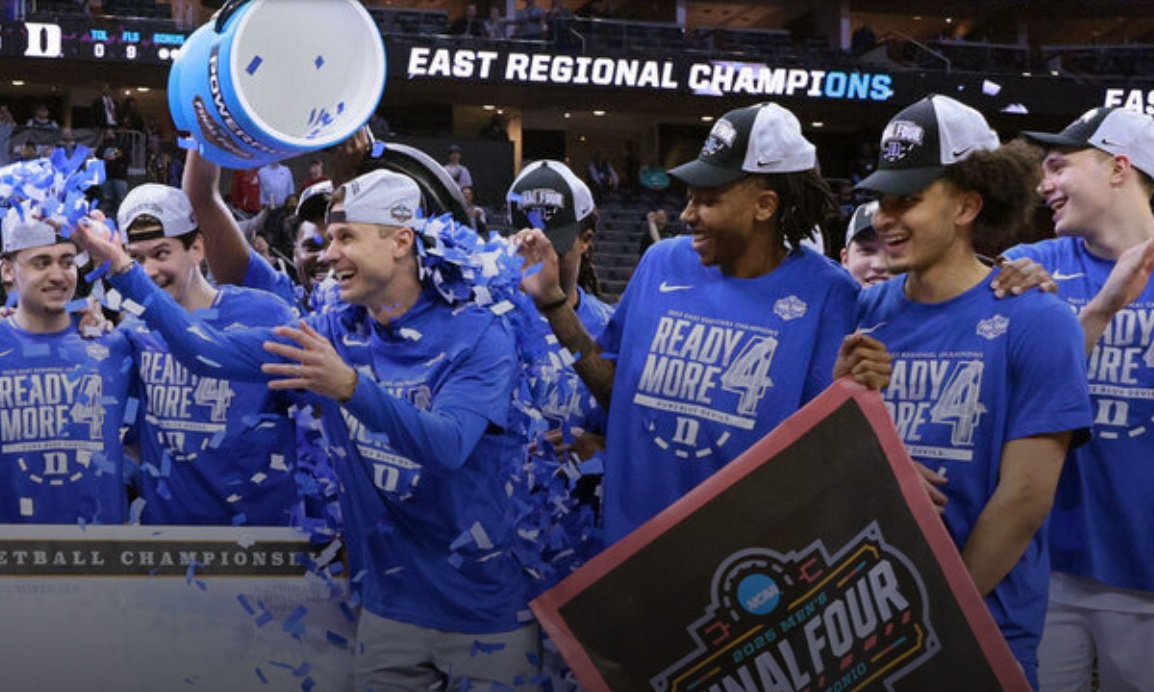
:quality(85):upscale()/2025/04/01/587/n/1922564/fe60d6be67ebe4b0bbd6f1.79749549_.png)


